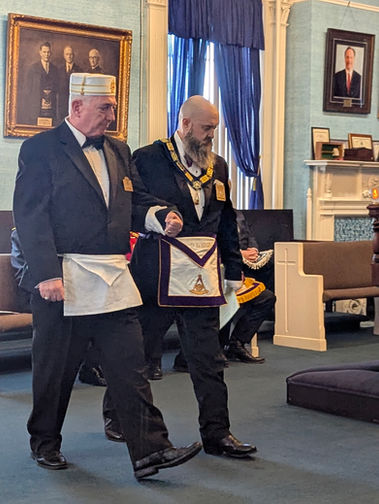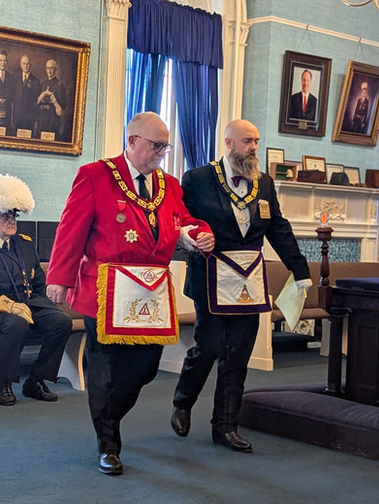Marquis de Lafayette's Bicentennial Return
Marie-Joseph Paul Yves Roch Gilbert du Motier, better known as the Marquis de Lafayette, was a French aristocrat and military officer who played a crucial role in the American Revolution. Arriving in America in 1777 at just 19 years old, Lafayette quickly gained the trust of General George Washington, becoming both a close confidant and a skilled battlefield commander. His leadership in key battles, such as the Battle of Brandywine and the decisive Siege of Yorktown, proved instrumental in securing American independence.
Beyond his military contributions, Lafayette was vital in securing French support for the Revolution, convincing King Louis XVI to provide troops, supplies, and naval assistance. His efforts helped turn the tide of the war in favor of the American colonies. After the Revolution, Lafayette remained a lifelong advocate for liberty, playing a significant role in the French Revolution and maintaining strong ties with the United States.
Lafayette’s legacy in America is one of unwavering commitment to freedom and democracy. He was hailed as a hero during his triumphant return tour in 1824, and his contributions are honored in numerous places across the country, including the city of Lafayette, Louisiana, and Lafayette College in Pennsylvania.

The Marquis de Lafayette’s significance extends beyond his contributions to the American Revolution—he also left a lasting impact on Freemasonry in the United States. During his grand tour of America in 1824–1825, he visited numerous cities and Masonic lodges, where he was warmly received as a champion of liberty. One notable stop was in Milledgeville, Georgia, where he was honored by Benevolent Lodge No. 3, one of the oldest Masonic lodges in the state.
Benevolent Lodge No. 3, chartered in 1817, played a prominent role in Georgia’s early Masonic history. Lafayette’s visit to the lodge reinforced the strong ties between the American Revolution and Freemasonry, as many of the Founding Fathers, including George Washington, were Masons. His presence symbolized the shared ideals of brotherhood, freedom, and enlightenment that Masonry and the Revolution upheld.
Lafayette’s visit to Milledgeville and his association with Benevolent Lodge No. 3 left a lasting impression on Georgia’s Masonic community. His legacy continues to be honored in Masonic traditions, recognizing his dedication to both American independence and the principles of Freemasonry.



























